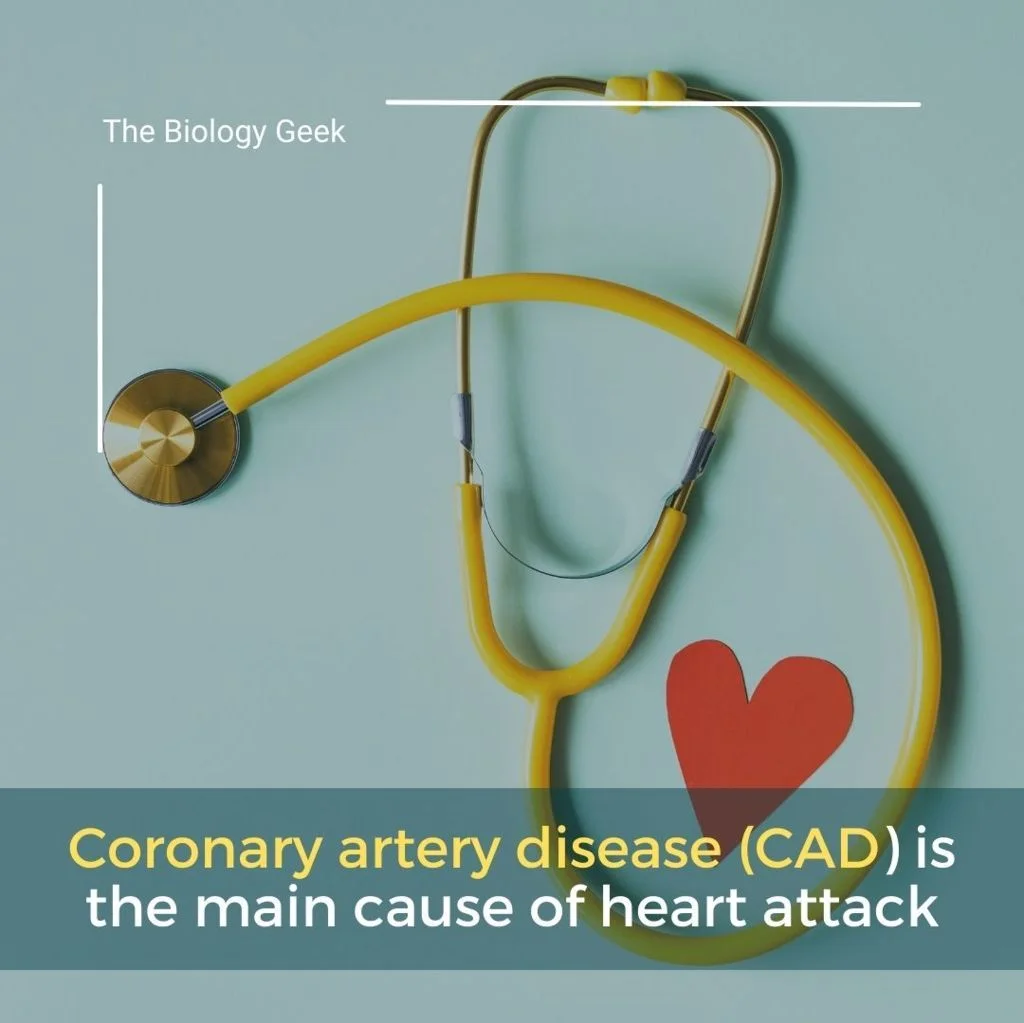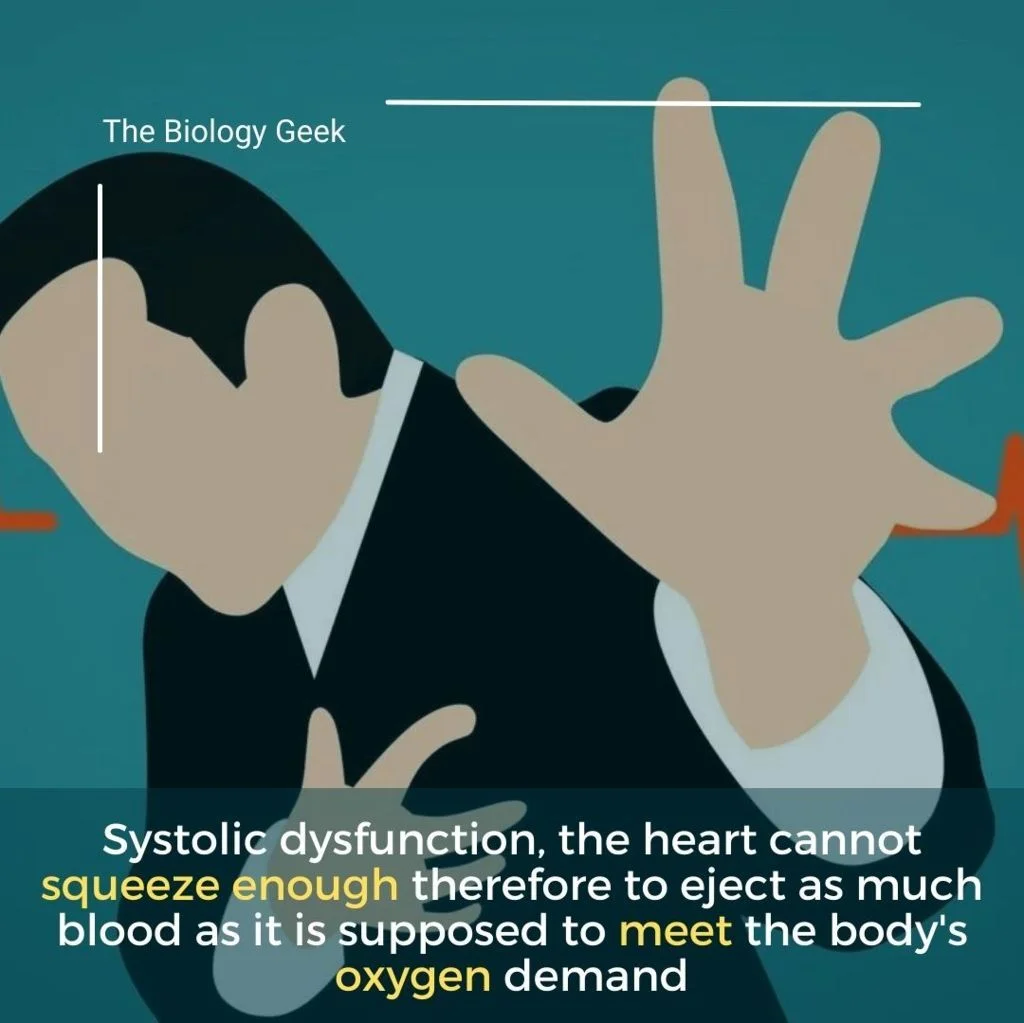What causes of heart attack :
The heart has four valves two valves separating the upper and lower chambers and two valves that are separating the lower chambers from the arterial system. From the arterial system, the blood goes into the lungs and body respectively. So, normally the values allow the blood to go from the upper chamber to the lower chamber and then they close. But in heart failure, there are two main causes that include many reasons.

- Systolic dysfunction
- Diastolic dysfunction
Heart failure systolic vs diastolic:
In the systolic heart failure the heart muscle is not easily contract during heart beats. In diastolic heart failure the heart muscle are not easily relax during heart beasts.
1. What cause of cardiac arrest Systolic:
Heart failure with reduced ejection fraction is basically systolic dysfunction. Systolic dysfunction refers to systole which is that phase of the cardiac cycle where the heart contracts and ejects the blood. So in systolic dysfunction, the heart cannot squeeze enough therefore it will not eject as much blood as it is supposed to meet the body's oxygen demand.
This happens because these cardiac muscles get weakened due to some underlying diseases. it is basically the heart muscles that contract together causing the heart's squeezing motion and pumping out the blood.
What does it mean when your heart muscle is dying?
Heart muscles wouldn't be able to contract as hard due to which the heart will not eject blood as much as it used to. In normal heart muscles are healthy however in systolic dysfunction the heart muscles are very thin and weak and the ventricles are way bigger.
What are main causes of heart attack of systolic dysfunction:
- Ischemic heart disease or coronary artery disease
- Regurgitation
- Valvular stenosis
- Cardiomyopathy
- Arrhythmias
- Myocarditis
- High-output cardiac failure
- Thiamine deficiency
- Pregnancy
- Severe hyperthyroidism
- Congenital or hereditary disease
- Drugs

• Ischemic heart disease or coronary artery disease:
One of the most common causes of heart failure is ischemic heart disease or coronary artery disease. Coronary arteries supply blood to the heart itself. However if a plaque blocks coronary artery then it will not supply enough blood and oxygen to the cardiac muscles and eventually, the cardiac muscles will die off.
• Regurgitation :
Regurgitation means that the valve does not close properly and allows the blood to flow back from the lower chamber to the upper chamber. So, due to this some of the blood loss that was supposed to be pumped out. To compensate for this the heart muscles work harder and more oxygen is needed and due to which more cardiac cells die off.
• Valvular stenosis:
If there is valvular stenosis which means narrowing of the values. the blood has to be pumped out through a very small opening. So, it's going to be a lot harder for the heart to pump blood through these small openings. Also, heart has to work harder to supply more blood. which means more work which equals more oxygen that the heart cannot supply and more cells die off.
• Cardiomyopathy:
Cardiomyopathy is another cause of heart failure. Ao, cardio means heart myo means muscles, and pathy means disease. So its whole meaning is the disease of the heart muscles. The cause of these is usually unknown. However, there are some examples like peripartum cardiomyopathy or ischemic cardiomyopathy. In general, it is the Cause for right heart failure and they tend to weaken the heart muscles making it hard to pump blood.
• Arrhythmias:
Next is arrhythmias which means abnormal heart rhythms. This could be either too slow maybe too fast or even uncoordinated which means that the chambers of the heart do not contract at the same time. All of these lead to decreased pumping efficiency of the heart. So, this means that there is less blood supply to the body. However, this lead to less blood being ejected but it couldn't get more oxygen. Moreover, due to this, there is further death of cardiomyocytes.
• Myocarditis:
Myocarditis is also naming inflammatory cardiomyopathy. It is caused by certain viruses. It is the inflammation of the heart muscles. And it causes heart failure due to dilated cardiomyopathy or cardiac arrest.
• High output cardiac failure:
Another cause of heart failure with reduced injection fraction is a high-output cardiac failure. High-output cardiac failure means that a previously normal heart has to pump a high amount of cardiac output leading to heart failure. The cardiac output describes the volume of blood being pumped out by the heart per unit of time. So if the heart has to pump a large volume of blood to meet the demands of the body. So, this will eventually lead to weakened heart muscles and heart failure. the conditions that lead to high-output cardiac failure include severe anemia AV fistulas.
• Thiamine deficiency, pregnancy, and severe hyperthyroidism:
Thiamine deficiency, pregnancy, and severe hyperthyroidism are other causes of heart failure including thyroid disease. So Treatment for systolic heart failure is very necessary.
• Congenital or hereditary disease and drugs:
Some infiltrative diseases like amyloidosis, sarcoidosis, and hemochromatosis. Some infectious diseases like HIV and endocarditis. Certain drugs like alcohol, cocaine, and methamphetamines. And it could be congenital or hereditary.

2. What can cause heart attack Diastolic:
Next is heart failure with preserved ejection fraction or diastolic dysfunction, similar to systolic dysfunction. the heart does not pump enough blood to meet the body's oxygen demand. it refers to diastole which is that phase of the cardiac cycle where the heart chambers relax and get filled with blood. however, in diastolic dysfunction, the heart muscles are very thick and stiff. so there is very less room for the ventricles to fill. so the ventricles will not eject enough blood because they are less filled in the first place. Diastolic heart failure chronic disease.
Causes of Diastolic heart failure :
- Cardiomyopathy
- Restrictive cardiomyopathy
- Chronic hypertension
- Valvular heart disease
• Cardiomyopathy:
The first cause is cardiomyopathy which is hypertrophic and restrictive cardiomyopathy. In this, the muscle size will increase there will be hyper atrophy of the muscles so when the muscles are hyper-atrophied there is less room for the ventricles to fill.
• Restrictive cardiomyopathy:
Similarly, in restrictive cardiomyopathy, the muscles are stiffened so their compliance is reduced which means that they cannot stretch enough or expand the ventricles sufficient to fill the blood in.
• Chronic hypertension:
Another important cause of heart failure is chronic hypertension which is high blood pressure. So when there is increased pressure in these blood vessels it is difficult for the heart to pump through the vessels. So the heart has to work harder and becomes bigger and bigger to pump against the hardened vessels. Both obesity and diabetes contribute to increased blood pressure.
• Valvular heart disease:
Valvular heart disease for example aortic stenosis. the heart pumps blood out into the body through the aortic valve if this valve is closed then it will be difficult for the heart to pump blood through this narrow opening towards the body. Therefore the heart will start working more and it will gain up muscle to push the blood against this narrowed opening out into the body.